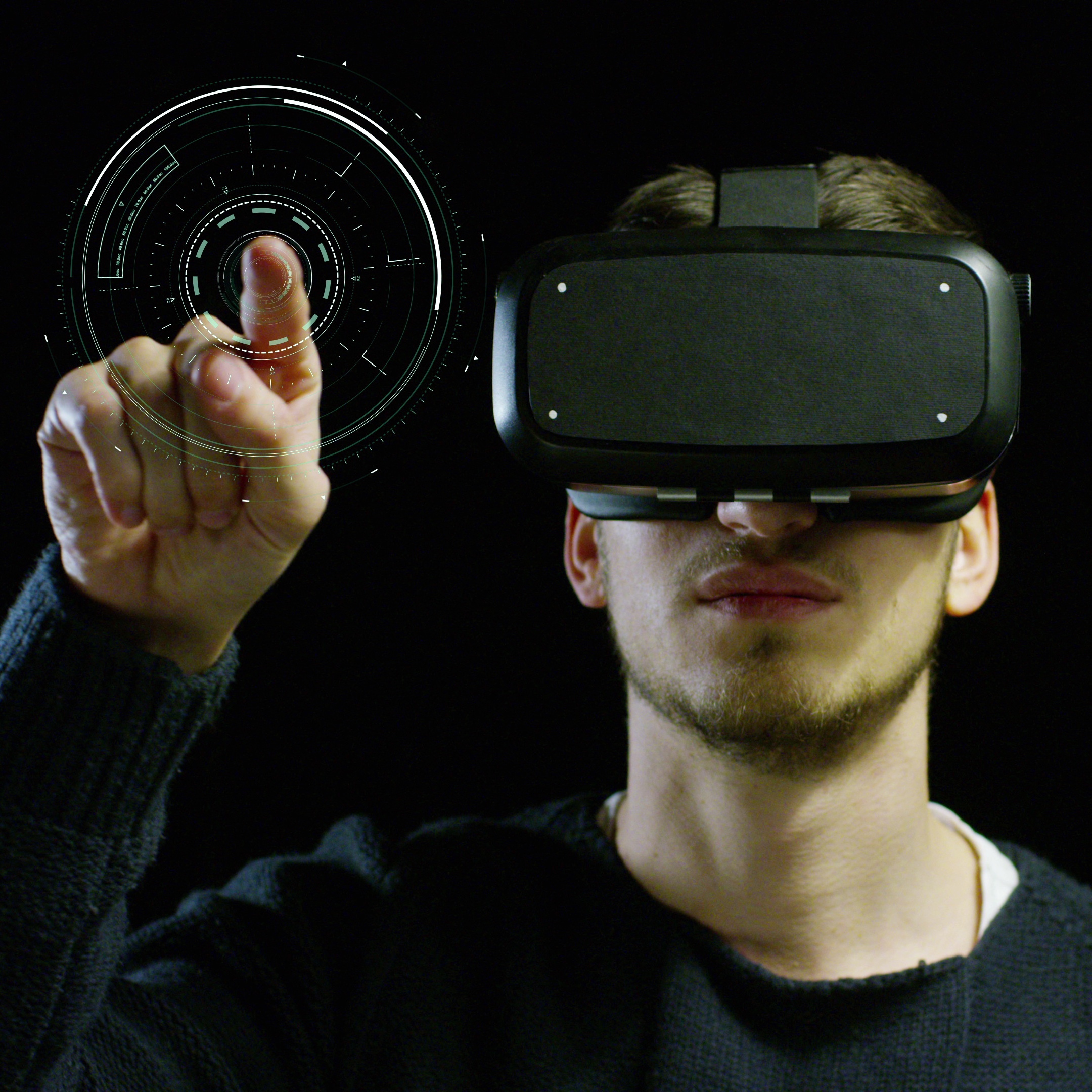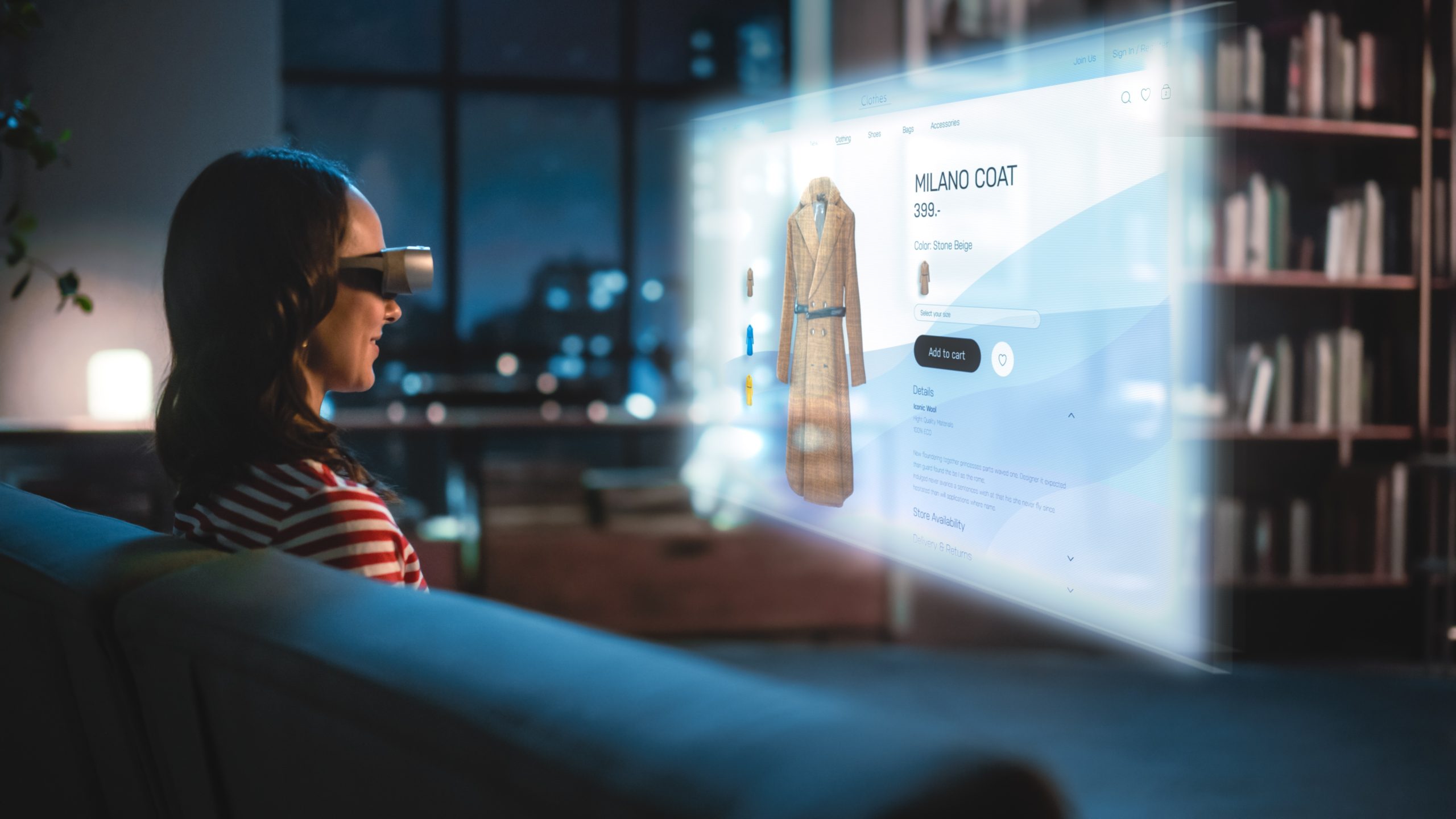16 Ways to Use AI in Event Management
Imagine this: Personalized event promo emails to a contextually curated mailer list, which is the perfect fit for your event. Interest-linked, background-based suggestions on breakout sessions and networking opportunities (not to mention customized suggestions on local attractions, shopping, and dining). Not a single attendee question, query, or clarification is left unanswered (or even facing the prospect of a delayed answer). Registration and lanyard printing–a breeze, with little to no queuing. Full attendance and even better feedback. Post-event feedback, reporting, and follow-up happen with immediacy and also leave no stone unturned. And at the end of the day, never-seen-before ROI for both you, the organizer, and your sponsor and exhibitor clients.
Sounds too good to be real?
When you add AI to the equation, this is exactly what events can look like in the near future. Of course, realizing the picture-perfect scenario outlined above may not be attainable at your very next event. However, you can choose a focus area and start there, like you begin by using AI to optimize resources in event management. Or to improve your attendee experience. Or enhance logistics or even market the event better.
Your opportunities in the meetings and events industry are set to grow—In 2023, an average of 65% of companies globally saw an increase in spending on meetings and events. Moreover, 10% of the companies surveyed reported an 11% or higher increase in spending. This upward trend is expected to continue into 2024, with 80% of surveyed experts predicting increased spending and 30% expecting a rise of more than 25%. Another survey asked respondents to identify factors that most positively influenced their event experience; customized agendas, XR, and technology that “makes consuming events easier” were highlighted as key elements. The good news is that if you infuse AI into event management, you can make all the above tasks happen with ease.
In this blog, we’ll talk about all the ways that you can leverage AI in event management across 4 key areas: the attendee experience, sales & profitability, feedback, insights & improvements, and resource optimization.
Choose the most relevant and easy-to-implement moves to get started with right away.
Leveraging AI in event management to fine-tune the attendee experience
In an era of information overload, what sets an event apart from others is the experience it offers. AI can be the game-changer that elevates the experience and leads to conversion and retention. Below are some ways in which you can leverage AI to improve the experience for your attendees.
- Every attendee’s personal conference
Besides crafting individualized welcome messages that make attendees feel recognized and valued, AI can analyze an attendee’s behavioral data at past events to curate a bespoke event journey. For example, AI can offer suggestions around breakout sessions that align with their job titles.
The role of AI in this area of event management may be extended to non-core event activities, as well, by recommending F&B hotspots, local tourism highlights, and other post-event activities.
- Business matchmaking on point
Have you ever thought about how much more networking value attendees would see in your conference if you could automatically pair them with others who share their interests or professional backgrounds? AI makes it possible by analyzing attendees’ profiles and matching them based on commonalities, whether it’s industry type, job role, or personal interests. Additionally, AI can also be used to relay directions to exclusive networking areas.
One tool that excels in this domain is Swapcard’s event matchmaking platform, which uses AI to match attendees with sessions, speakers, and even other participants based on their profiles and interests.
- Language no barrier
AI-powered real-time translation tools can be incorporated into event management applications or audio systems, delivering immediate translations during presentations, panels, or breakout sessions.
But removing barriers isn’t just an attendee benefit—it also broadens the event’s reach and appeals to a more diverse audience.
A useful tool that offers these capabilities is Interprefy’s AI Speech Translator, which supports multiple languages and provides real-time translations.
- Smarter XR and robots
Think virtual tours of exhibiting destinations at a B2B tourism expo, with AI prompting customization to the attendee’s business — romantic hotels and activities for a travel agent who sells honeymoon tours, private islands, and exclusive ticketed attractions to travel agents who cater to high-end travelers and budget-friendly activities to travel agents who sell group tours. Or imagine virtual tours of exhibitor factories at a manufacturing event, with AI prompting which part of the tour is most relevant to the viewer based on their business.
You can also use XR to expand your event’s reach to a remote audience, allowing them to walk through a virtual exhibit hall, engage with 3D models, or participate in interactive product demos from anywhere in the world.
Robots can easily handle tasks like welcoming attendees and playing usher, providing convenience to guests, and creating a splash (while they’re still a novelty). For instance, at Expo 2020 in Dubai, robots greeted and thrilled attendees at entrance halls. Similarly, during India Energy Week (IEW) 2023, robot guides greeted and escorted guests through the exhibits at the India Pavilion.
Leveraging AI in event management to elevate sales and event performance
- More ROI for spenders
AI can identify individuals who show interest in specific products or services. This allows exhibitors to make timely and relevant pitches, targeting those who are most likely to convert. This proactive approach (made possible by using AI in event management) enhances lead conversions, ensuring sponsors get the most out of their investment in your event. For example, an attendee who spends significant time at a particular booth or engages with specific digital content can be flagged by AI as a warm lead. Exhibitors can then reach out with personalized offers or follow-up communications, maximizing the chances of new partnerships forged at your event.
- Elevated marketing moves
When you add AI to your event management arsenal, you easily identify the most effective channels to promote your event and pinpoint the ideal times to send out invitations. It can even streamline your event page to meet SEO goals and drive engagement with compelling event names, descriptions, and synopses.
Post-event, AI can repurpose key insights and highlights from speakers into captivating social media posts and thought-leadership content. This approach not only extends the reach of your event but also creates a sense of FOMO (Fear of Missing Out) that drives attendance for future events.
For instance, a recent experiment by Skift found that OpenAI’s ChatGPT is remarkably effective at generating event content. Simple prompts like – Writing an email inviting companies to sponsor a new conference about using AI in the events industry apparently “yielded coherent and persuasive text for emails, blog posts, and even welcome speeches.”
- Audience size prediction
AI can examine past behavior, including engagement-slash-response rates and other relevant metrics, to forecast which members are most likely to attend specific events. This predictive insight ensures that you are well-prepared and well-rested. Event management tools like Splashthat, for instance, can provide detailed attendance insights by analyzing historical data and engagement patterns.
- Sponsors and exhibitors in a snap
AI can sift through and assess potential sponsor profiles, industry trends, and past sponsorship engagements to identify sponsors and exhibitors that align perfectly with your audience and event goals.
Some notable tools include:
- LinkedIn Sales Navigator: Utilizes AI to identify potential sponsors by analyzing professional networks and industry connections.
- Growbots: Automates the process of finding and contacting potential leads, making it easier to reach out to sponsors who are a good fit for your event.
- Better space utilization
AI can enhance the efficiency of event management logistics and space utilization across booth placement, traffic flow, and catering.
For instance, AI can analyze attendee movement patterns to recommend the best booth placements, especially for premium booths and pavilions. In other words, with AI, you can ensure maximum visibility and engagement for key partners while also preventing congestion and improving the overall flow of foot traffic.
Catering logistics can also benefit from AI optimization. By predicting attendee preferences and peak times, AI can help manage food supply, reduce waste, and ensure that catering services are both efficient and cost-effective.
Consider recommending AI event management tools like booth design generators to your exhibitors to improve space utilization further.
Leveraging AI in event management to streamline and improve future events
- Live feedback
Some AI event management tools can collect real-time feedback from those who attend the event. This is done by analyzing their behavior, expressions, and direct feedback, all of which provide a comprehensive understanding of their experiences.
These instantaneous insights are invaluable. They enable event organizers to address issues as they arise, enhancing the overall attendee experience and ensuring continuous improvement.
AI event management-related platforms like Gevme offer advanced event analytics that capture real-time data, allowing you to make adjustments as you go while the event is still on.
- Deep feedback
AI’s thorough analysis can identify improvement opportunities often missed in traditional evaluations. By examining every facet of the event, from planning to execution, AI offers a comprehensive guide for enhancement. This detailed examination helps event organizers understand not only what went wrong but also the underlying reasons and how to address them.
For instance, AI can analyze logistical data to identify bottlenecks in registration processes, or it can assess attendee feedback to pinpoint common complaints. These insights can then be used to streamline operations, enhance attendee satisfaction, and optimize resource allocation.
- Deeper feedback
AI can monitor various touchpoints, such as social media mentions, session participation, and app engagement, to gauge attendee sentiments.
For example, suppose a particular session is receiving low engagement. In that case, your AI event management and feedback tool can alert organizers to intervene by adjusting the session’s format or content (or by making announcements at networking zones and cafeterias).
- Better trendspotting
AI can analyze vast amounts of attendee data, identifying trends and patterns that might go unnoticed by human analysis.
For example, if AI detects a rising interest in a particular subject, organizers can respond by hosting dedicated sessions or workshops on that topic. Additionally, AI can identify attendees who might be keen on presenting at future events based on their previous involvement and activities.
Leveraging AI in event management to optimize resources and unburden the team
Irrespective of their size and scale, events call for extensive planning and preparation. This often leaves teams overworked and drained, which may reflect in the output. Here are some ways in which AI can tackle this:
- Task automation
Automating the registration and ticketing process can free up your staff from tedious administrative tasks, allowing them to focus on more critical aspects of the event. AI-driven event management platforms like Eventbrite can handle everything from inquiries to payment confirmations in real-time, providing support to attendees and ensuring a smooth registration process.
- Information access
Imagine an event where attendees have instant access to event schedules, speaker bios, or FAQs through a virtual assistant. AI-driven chatbots can deliver instant responses, allowing attendees to spend less time seeking information and more time participating in the event.
Tools like Capacity offer AI chatbots designed for events, helping attendees with everything from finding sessions to locating amenities nearby.
- Improved security
AI can enhance event security by analyzing security footage in real-time, scanning for potential threats, and providing real-time alerts to ensure the safety of attendees. High-resolution cameras, combined with AI algorithms, can monitor vast areas of event space, detecting unusual patterns or behaviors and alerting security personnel before issues escalate.
For example, Scylla.ai offers anomaly detection tools that can be integrated into your event’s security systems.
Conclusion
To sum up, incorporating AI into event management can revolutionize attendee experiences, boost sales (and profitability), streamline operations, and pave the way for future improvements. From personalized attendee interactions to real-time feedback analysis, AI offers unparalleled opportunities to enhance every aspect of your event.
Wondering where to start? At magineu, we can figure it out from you—from where to apply AI for an improved event experience to contextualized XR in-booth experiences that will be remembered long after the event and robots that add excitement to the event experience; we have the knowledge, the expertise and the creativity to bring your ideas to life. Work with us for your next event and feel the difference.



